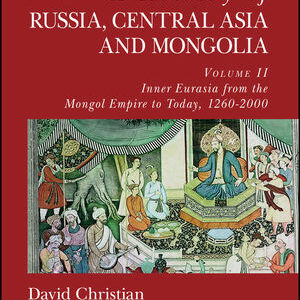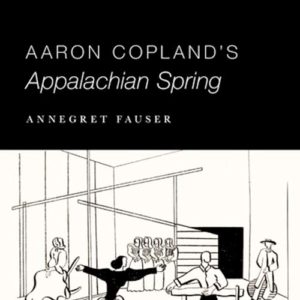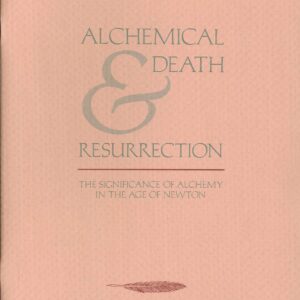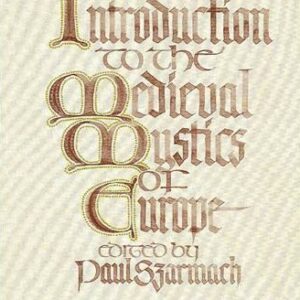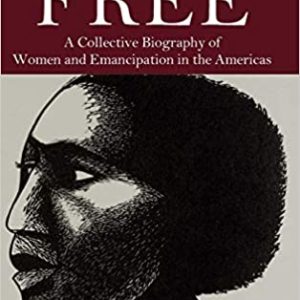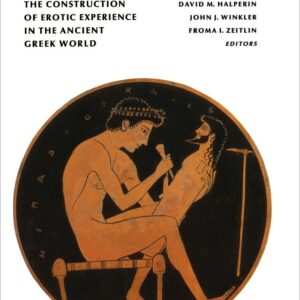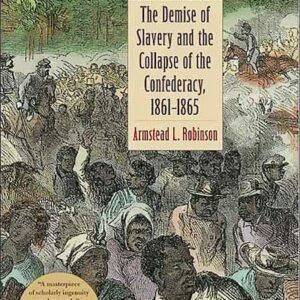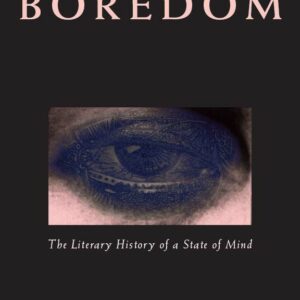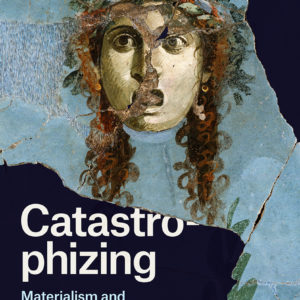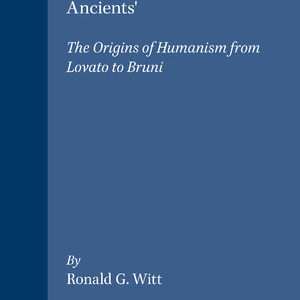
“In the Footsteps of the Ancients”: The Origins of Humanism from Lovato to Bruni
By Ronald G. Witt (NHC Fellow, 1983–84) This monograph demonstrates why humanism began in Italy in the mid-thirteenth century. It considers Petrarch a third generation humanist, who christianized a secular movement. The analysis traces the beginning of humanism in poetry and its gradual penetration of other Latin literary genres, and, through stylistic analyses of texts, … Continued
